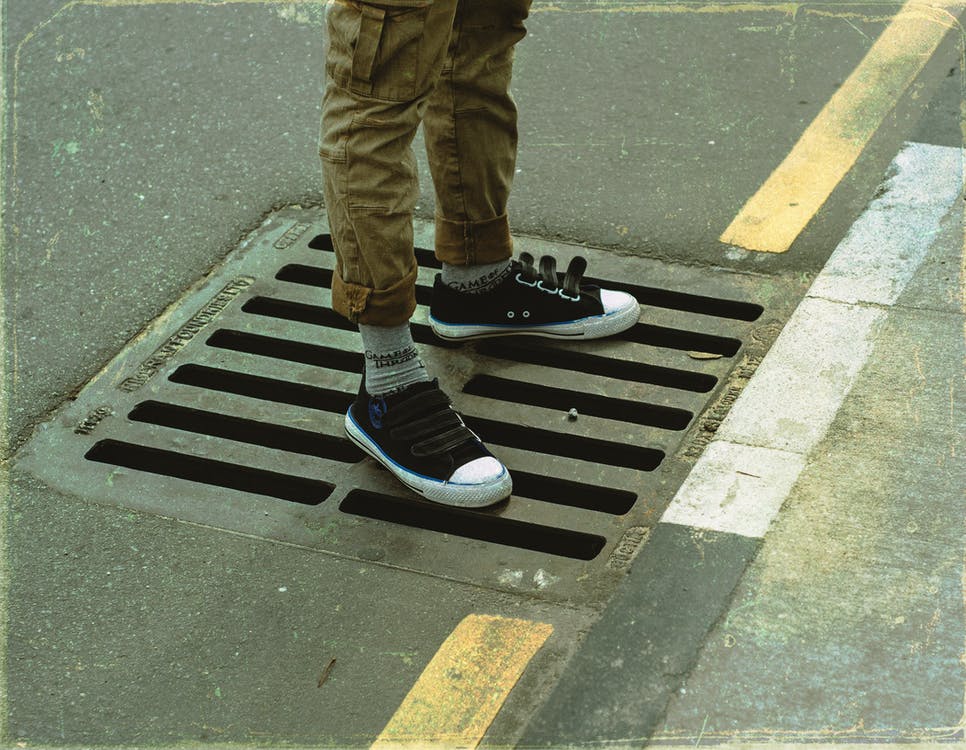Cleaning your drains is an essential part of keeping your home and plumbing system in tip-top condition. Regular maintenance can extend the life of your pipes and reduce the risk of clogging. In addition, regular drain cleaning will reduce the risk of expensive repairs, ensuring peace of mind and reduced repair costs. So how often should you clean your drains? Below are some simple guidelines for keeping your drains clean. Once a month is recommended.
Clogged drains can lead to foul smells and even hazardous bacteria, so regular cleaning is a must for all homes. Bathrooms and kitchen sinks tend to get clogged the most often, as they transport the most water and waste through the house. In addition to the clogging of your drains, these two areas also tend to accumulate more foreign objects than other parts of your home. It’s crucial to regularly clean these drains in order to avoid these unpleasant surprises.
Cleaning your drains should be done as needed, but a monthly cleaning schedule is ideal because it’s not too frequent to be a burden and will prevent you from forgetting to do so. Moreover, you can plan your cleaning schedule accordingly and use safe methods, saving yourself time and money. These safe methods include baking soda, vinegar, and boiling water. Moreover, drain cleaning with these simple methods will last for years.
To prevent clogging, you should flush your drains at least once a week. Baking soda and vinegar are great alternatives to chemical drain cleaners. These are great for cleaning drains, as they dissolve debris and bacteria. They are also great for cleaning pipes and eliminating odors. However, remember to use boiling water, as this will help the cleaning process. Soap and vinegar are also effective for cleaning drains.
Cleaning your drains regularly is crucial if you want to prevent clogging and other problems from happening. Regular drain cleaning will prevent clogging before it even starts. Besides, it will help maintain the efficiency of your drainage system and keep you from having to deal with unexpected clogging. Moreover, it will give you peace of mind knowing that your plumbing system is functioning properly. But do not wait too long to schedule drain cleaning.
Although a monthly drain cleaning is sufficient, it can be time-consuming and a nuisance. If you have a larger household, you may need to do so on a more frequent basis. A simple baking soda and vinegar mixture is effective and safe, but it is not always easy to do. However, it is recommended to have your drains cleaned at least once a month, in addition to a weekly or fortnightly cleaning.
Regular cleaning can prevent clogs. It will also prevent the buildup of soap and food, which is what can cause a major plumbing disaster. If you’re not sure how often you should clean your drains, it’s a good idea to hire a drain cleaning professional to make sure everything is working correctly. If you have a plumbing system that is slow-draining, hiring a professional plumber will help you prevent problems that are associated with clogs.
Cleaning your drains regularly is a good idea for all kinds of homes. Even if you only need to have them cleaned once every two years, you should consider getting a plumber to do it for you at least once a month. This task is more convenient when it’s included in your normal cleaning schedule. If you’re worried about the time commitment involved, you can easily fit in drain cleaning in between other chores.
Your kitchen is a hub of activity. Your sink drains play a major role in keeping your kitchen running smoothly. They collect grease and food waste that have accumulated over time. To keep your kitchen running smoothly, you need to be diligent with your disposal of food waste and clean your drains regularly. However, you may not realize that cleaning your drains regularly is essential for ensuring that your drains are free from blockages.
While you may be inclined to use chemical drain cleaners, plumbers often recommend enzymatic cleaners. These types of cleaners digest organic materials in drain pipes and are less likely to damage your plumbing system. While enzymatic cleaners don’t work as well as chemical cleaners, they do keep liquids flowing freely. Even though you should avoid chemical drain cleaners, you can always try DIY cleaning methods, such as baking soda and vinegar. For bathtubs, you can try the cup plunger, which binds to the surface of the drain and applies pressure to the obstruction.
Https://www.fixitrightplumbing.com.au/plumber-geelong/blocked-drains-geelong/ is a great website to reference if you need further information or any plumbing help. Cleaning your drains is a great way to keep the plumbing functioning properly.

